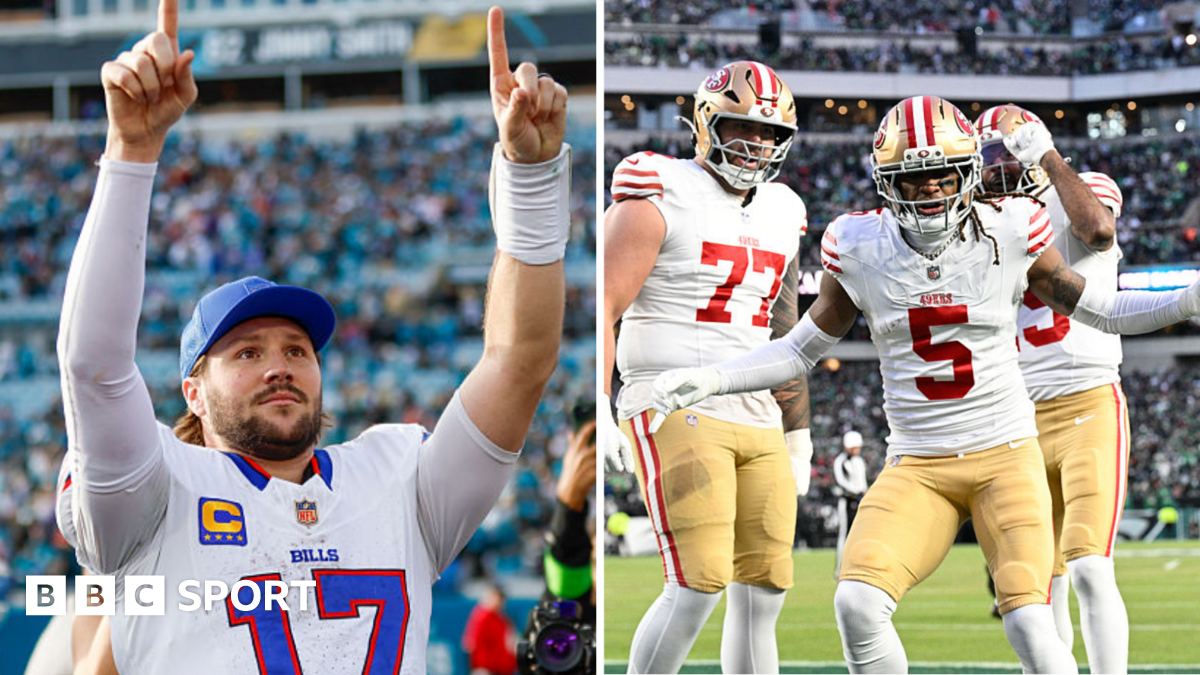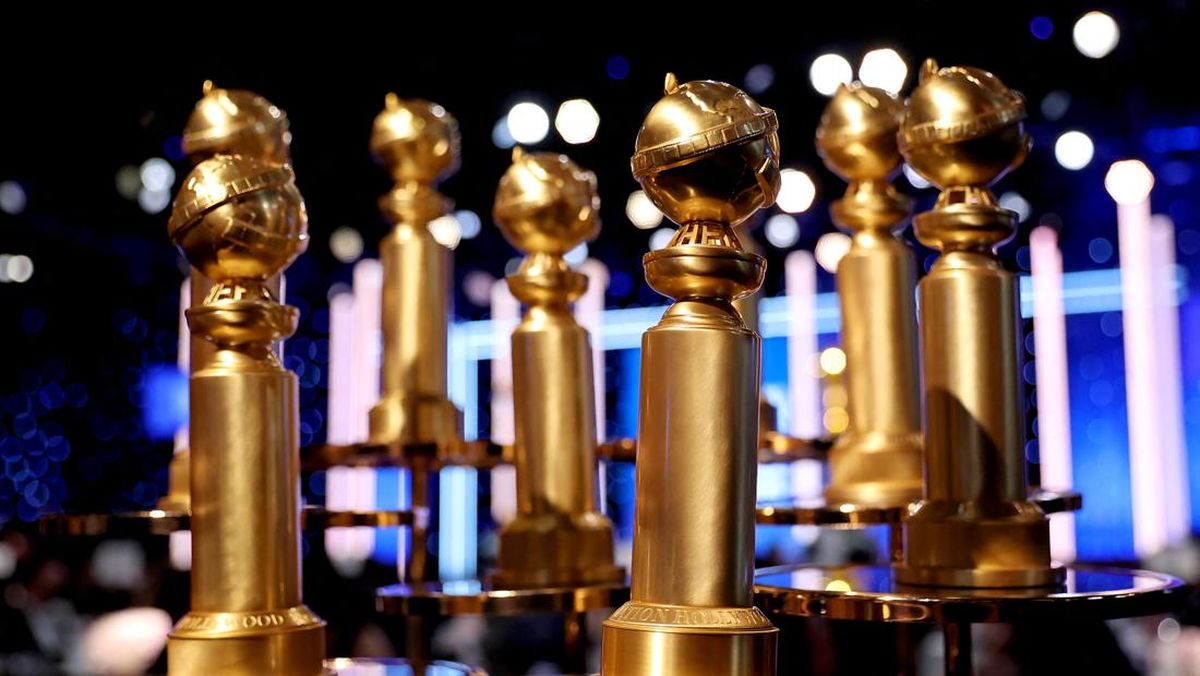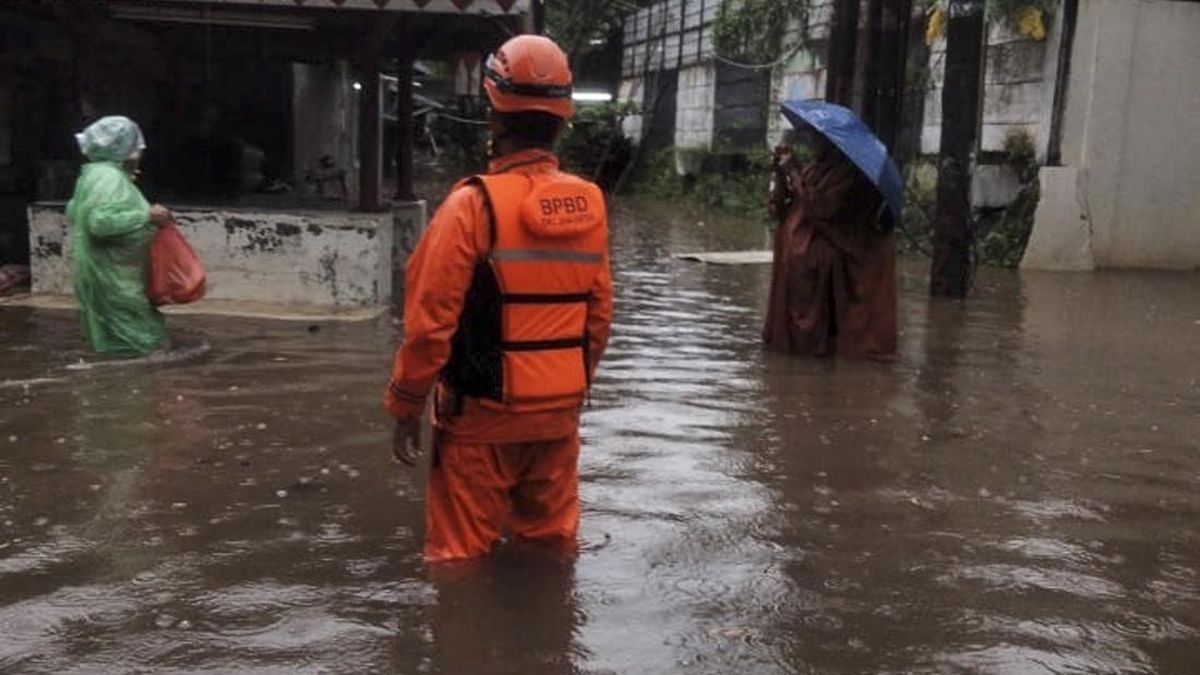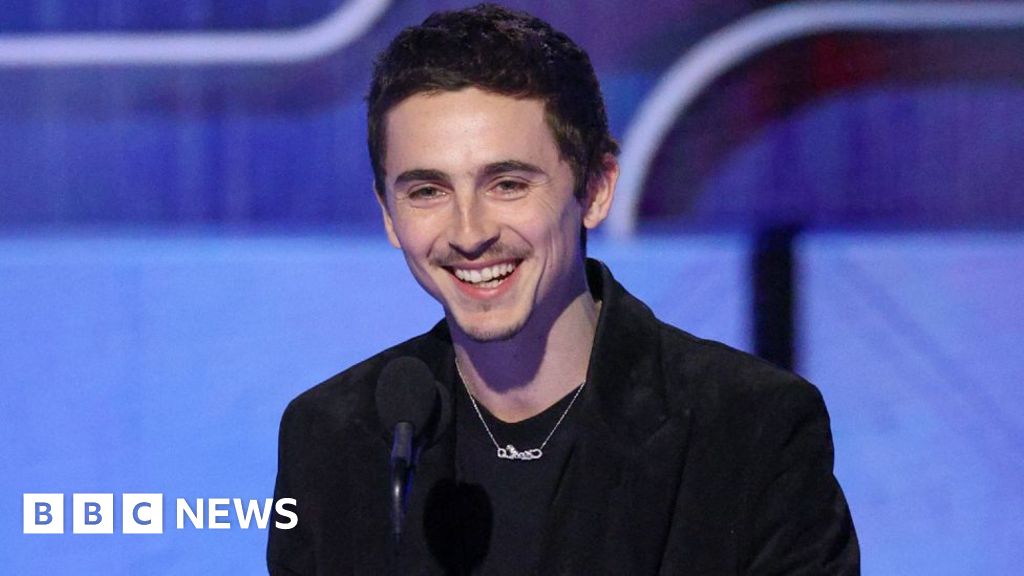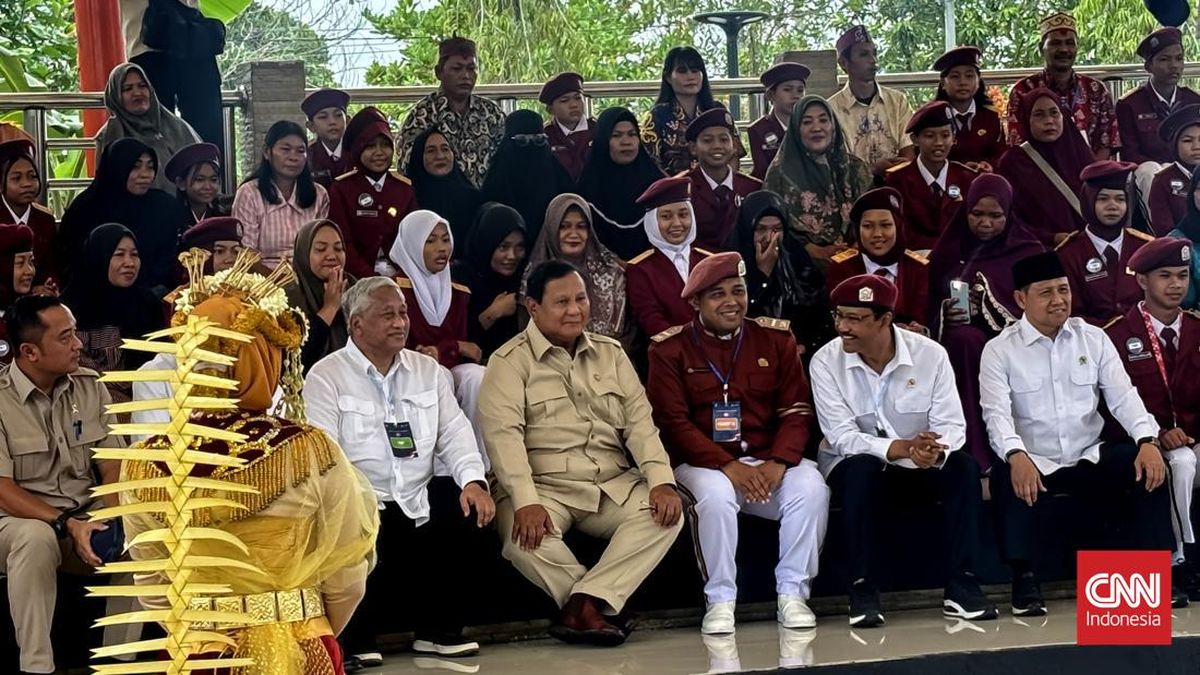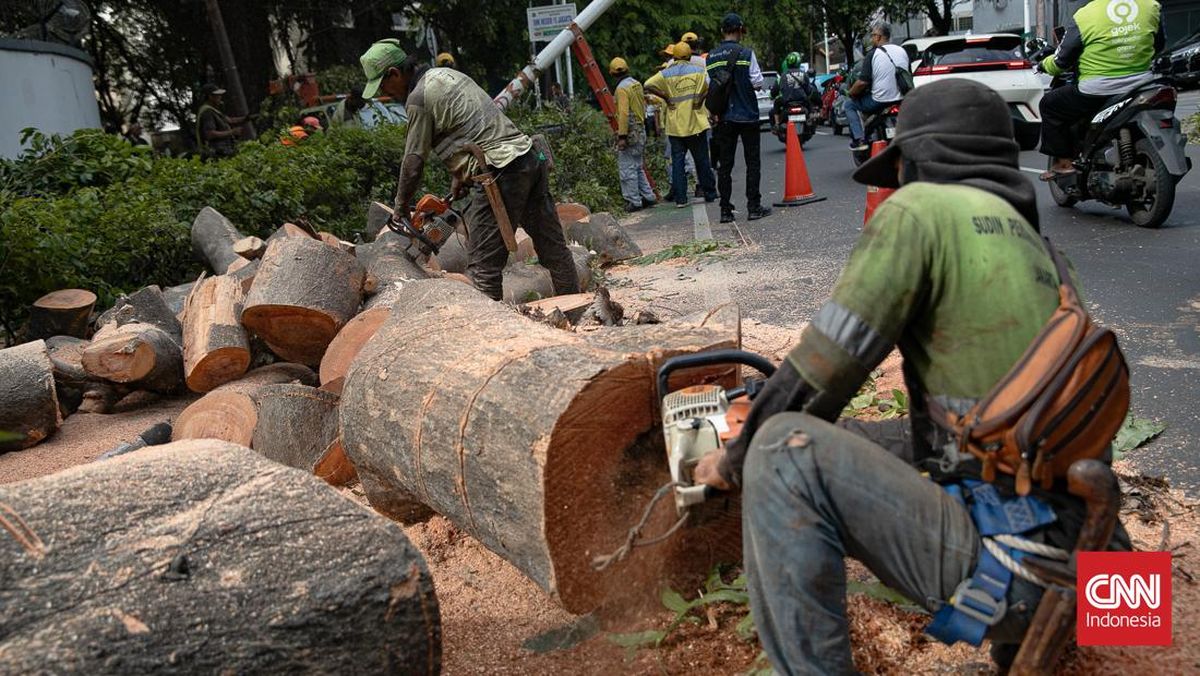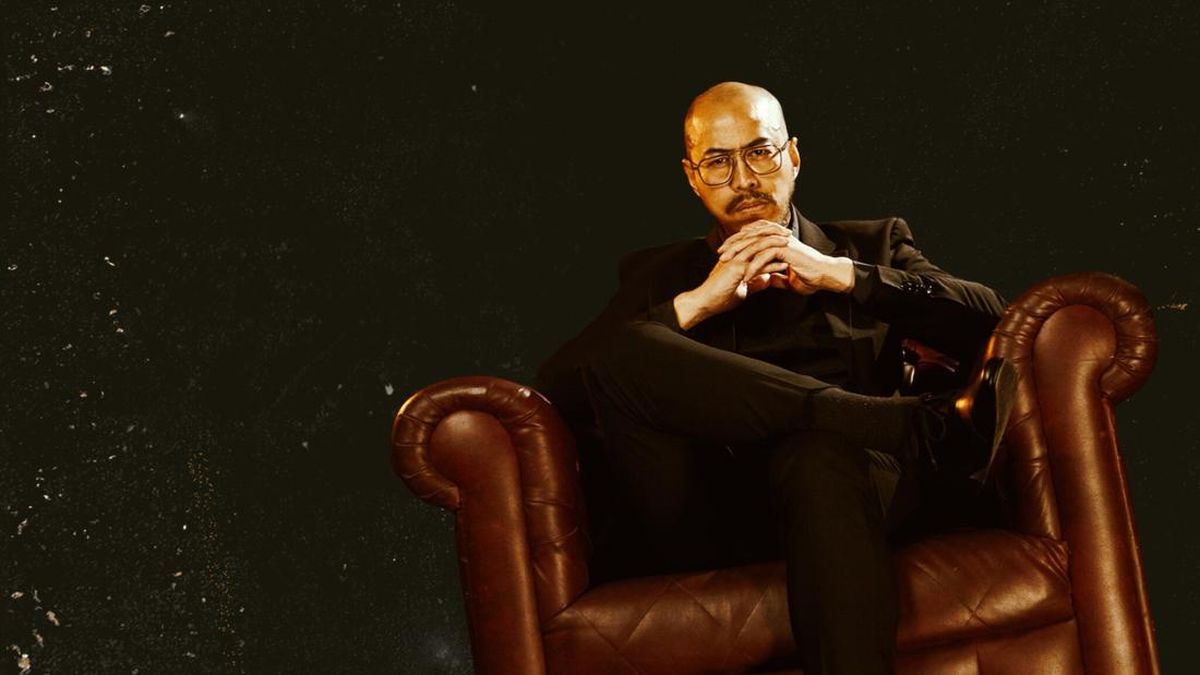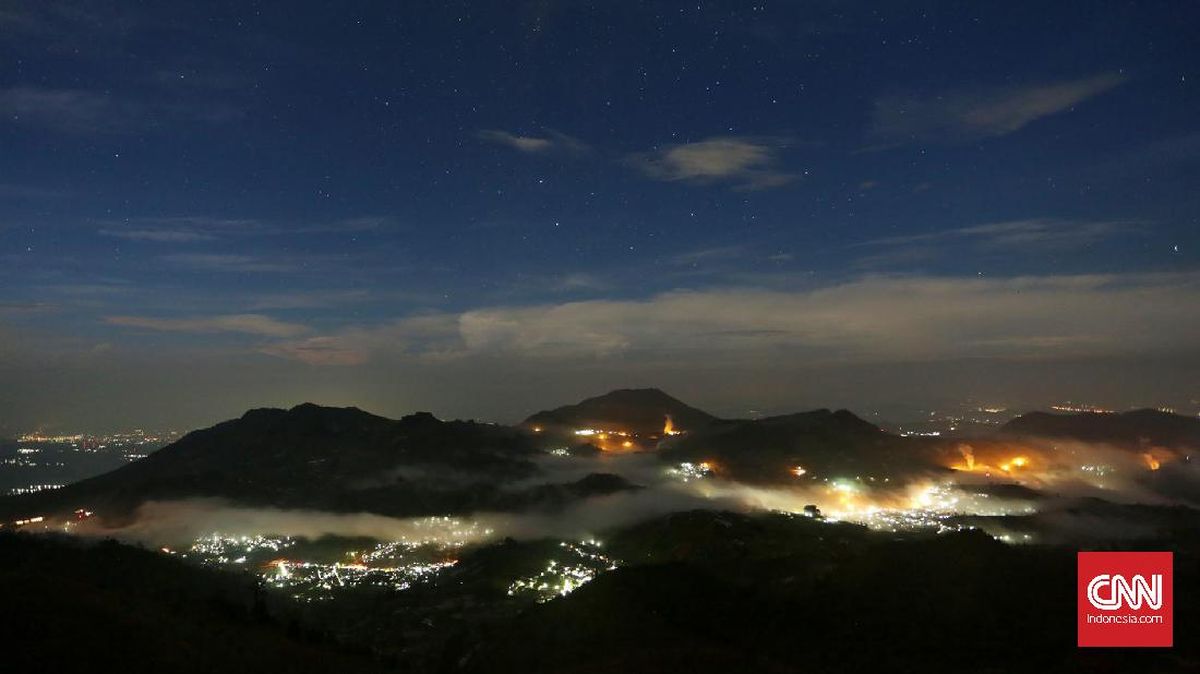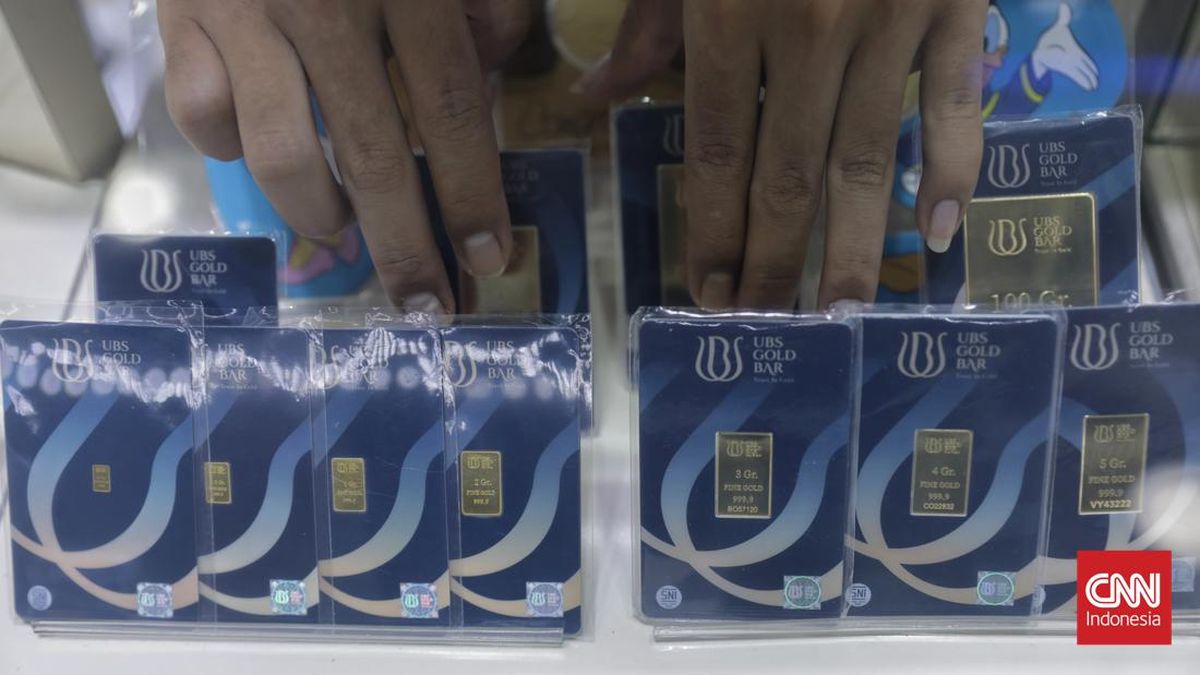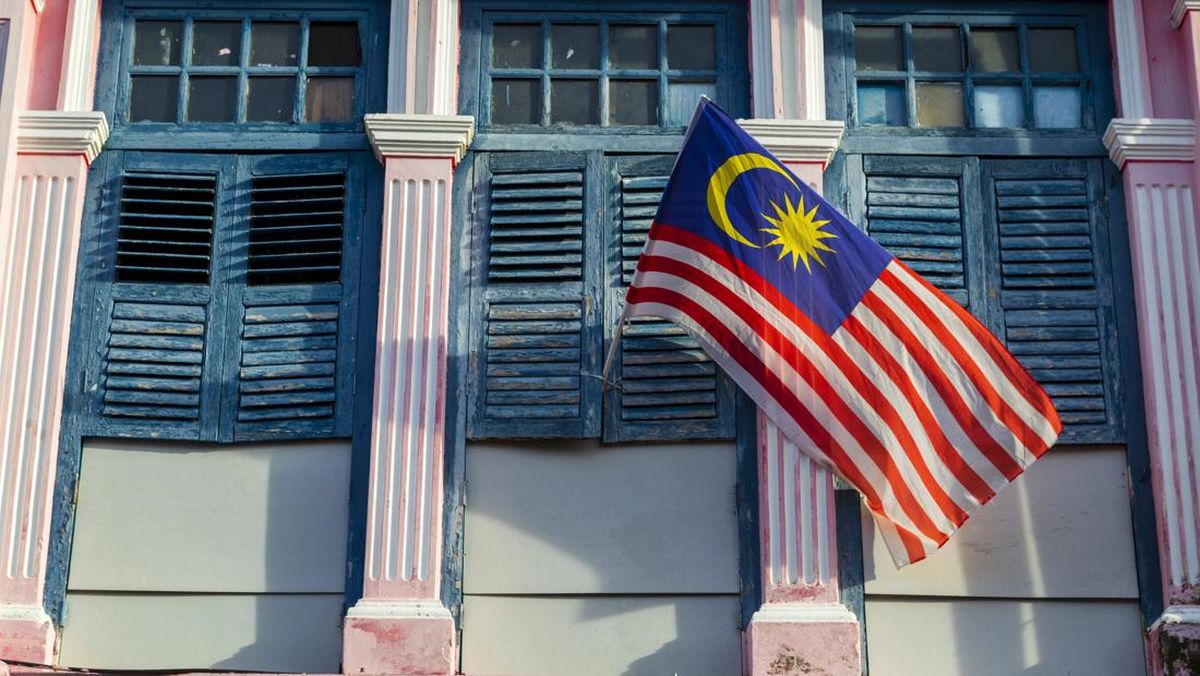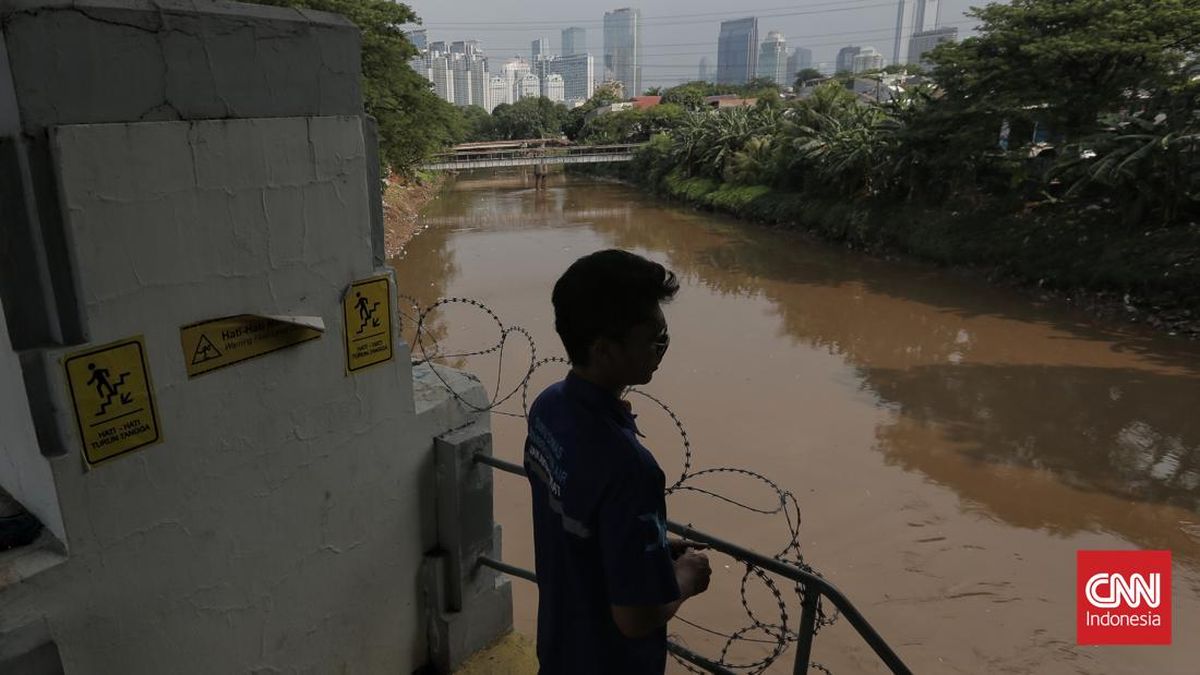By Alan Mascarenhas
September 20, 2025 — 1.30pm
We’ve been bathed in Sydney Olympics nostalgia this week. A quarter of a century – roughly a third of most people’s natural lifespan. And yet the memories, like embers, glow brightly.
The TV montages, the commemorative interviews and reruns of those glorious finals have stirred something deeper than just sporting pride. It’s a wistful longing for what’s left us. A realisation that the world, as we knew it, has gone.

Sydney’s time of innocence and optimism: Nikki Webster flies high in the opening ceremony for the Sydney 2000 Olympics. Credit: Amy Sancetta/AP
Sydney felt enchanted during that fortnight in 2000, as I routinely tell people who weren’t even born then. The spring weather was balmy. The trains ran on time. Giant screens lit up Circular Quay and Martin Place. As a university student, I remember travelling into the city to catch the swimming finals with the crowds.
As the day’s Olympic events wound down, Roy and HG’s The Dream was must-see TV – a masterclass in Aussie irreverence. I’d chat with friends on the telephone late into the night, waiting carefully until Mum had replaced the downstairs receiver.
So many memories became seared. Cathy Freeman’s “400 metres of reconciliation”. Tatiana Grigorieva, choreographing the stadium as if conducting Tchaikovsky, on her way to pole vault silver that very same night. A gold rush for Ian Thorpe, Susie O’Neill and Grant Hackett in the pool.
Loading
More than the medals, it was the unity. The elderly and middle-aged volunteers who lined the streets. The smiles on public transport. Striking up conversations without hesitation or fear.
It was the same back in 1993, when it felt like my whole school stayed up to see if Sydney would win the bid for the 2000 Olympics. After premier John Fahey made his infamous leap, people danced at live sites, in lounge rooms, and hooned their cars around roundabouts. These were moments of joy etched deep.
Looking back, Sydney 2000 was perhaps our final global moment of innocence before everything changed. The opening ceremony, where Nikki Webster sang and soared, embodied a nation’s youth. It took place in a world yet to be scorched by passenger planes crashing into the Twin Towers, before the Bali bombings, before the Iraq War.
Those Games culminated a decade of relative prosperity and peace, where the biggest scandal was Bill Clinton’s idiosyncrasies in the Oval Office, and the greatest threat to humanity was a “Y2K bug” that became a damp squib.

As the cauldron rises, Cathy Freeman carries the Olympic flame at the Sydney 2000 Games.Credit: AP
It was a purer existence, before smartphones and social media, before headphones blocked out the world and algorithms warped our lives. Email was clunky. Facebook didn’t exist. People actually knocked on their neighbours’ doors. Grandparents, parents and children all lived in the same city and caught up on the weekend.
When, exactly, does nostalgia tip into grief? Since the turn of the 21st century, technology has underwritten both society’s advance and its retreat. Australia’s population has multiplied, and yet divided.
Our flag, waved so proudly and unpretentiously in 2000, had become a flashpoint by 2005. The Redfern riots, then Cronulla, all the way to the recent anti-immigration rallies, have exposed a city more fractured than we could have imagined. Today, we live in an age of instant protest, where mysterious agitators mobilise online, thousands of people can be whipped up overnight, and the rest of us remain only vaguely aware that anything is happening at all.
Lockouts and lockdowns in recent years have completed the furtive, inward turn. For many, a cost-of-living crisis further shrank their worlds. But now, it’s the social crisis. We order UberEats. We chat with ChatGPT.
Loading
The Sydney Olympics gave us a glimpse of a different future – a confident, friendly, open-hearted nation ascending to its peak. We glimpsed that spirit again briefly, in tragedy, following the Bondi Junction stabbings, and in the floral tributes after the Lindt siege. We’re still capable of coming together. But why does it take heartbreak for us to rediscover who we are?
I’ll always look back on the Sydney Olympics as the best of us, a moment when our city stood innocent and tall, proud and unafraid.
Of course, life has improved in leaps and bounds since then – hasn’t it? Maybe it’s best not to ask the question too deeply. And perhaps why we cling so tightly to the memory of that paradise lost.
Alan Mascarenhas is a freelance writer and former Herald journalist.
Get a weekly wrap of views that will challenge, champion and inform your own. Sign up for our Opinion newsletter.
Most Viewed in National
Loading

